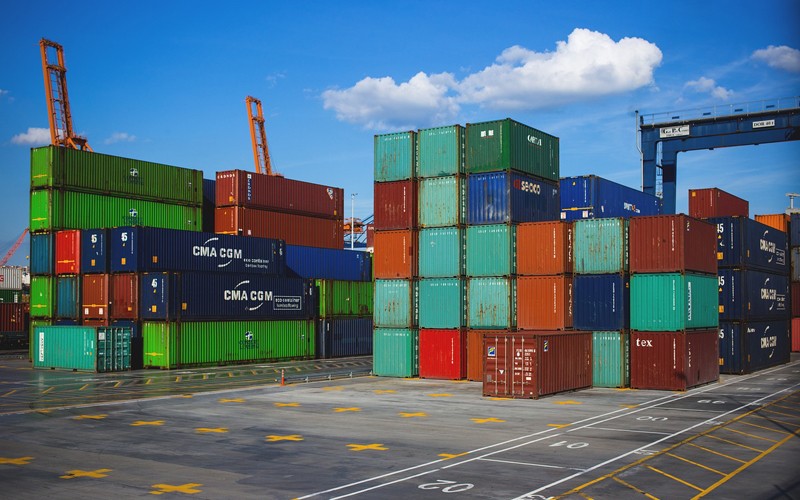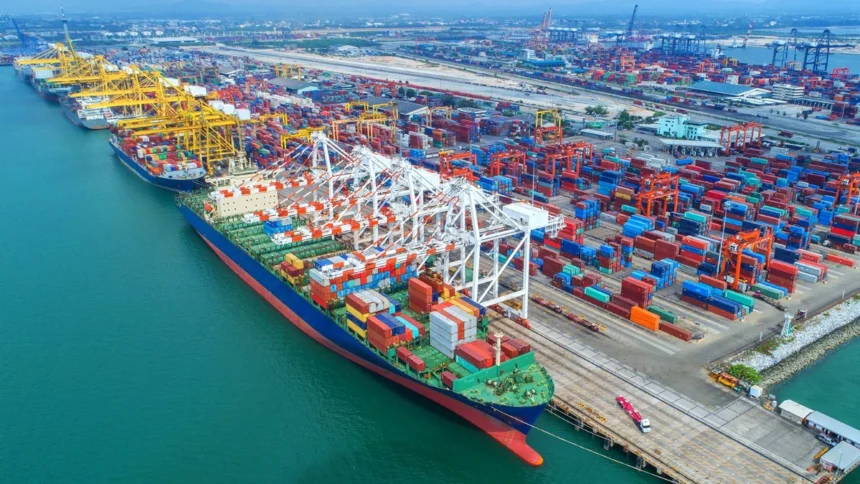Kolkata: The Government of India has imposed port restrictions on select imports from Bangladesh, including readymade garments and processed food items, in a measured response to Dhaka’s recent trade curbs on Indian goods.
Though the move may adversely affect employment and revenue in West Bengal, officials and trade experts emphasize that national interest supersedes regional concerns.
What the Import Curbs Entail

According to a notification issued by the Centre, inbound shipments of Bangladeshi goods such as garments, snacks, confectionary, cotton waste, plastic goods, dyes, and wooden furniture are now banned through land ports in states like Assam, Tripura, Meghalaya, Mizoram, and parts of West Bengal.
Readymade garment imports are only permitted via the Nhava Sheva and Kolkata seaports, not through any Land Customs Stations (LCSs) or Integrated Check Posts (ICPs).
Impact on West Bengal and Logistics
“This order will halt daily shipments of 20-30 truckloads of finished garments entering through land ports,” said Kartik Chakraborty of the Petrapole Clearing Agents Staff Welfare Association. Earlier, when transhipment was allowed, 60-80 truckloads entered India daily from Bangladesh.
He pointed out that seaport imports take two weeks in transit, compared to just 3-4 days via road, making them commercially less viable. Workers and truckers at the border logistics hubs are expected to face disruptions.
Strategic and Geopolitical Motivations

A trade analyst, speaking anonymously, claimed that this could be a geopolitical response tied to Bangladesh’s strengthening ties with Pakistan. “These garment products are being dumped at low prices into Indian retail, threatening our domestic market,” they said.
For deeper context, read our breakdown on South Asia’s evolving trade tensions.
Conclusion: Balancing Regional Impact with National Strategy
The move is expected to hurt parts of West Bengal’s border economy, but it also reasserts India’s stance on fair bilateral trade. Officials maintain that protecting strategic economic interests justifies the short-term disruption. As trade policy continues to evolve in South Asia, India’s decisions signal a shift toward a more assertive geopolitical posture.
For official updates, visit the Ministry of Commerce and Industry. Original report via PTI.









